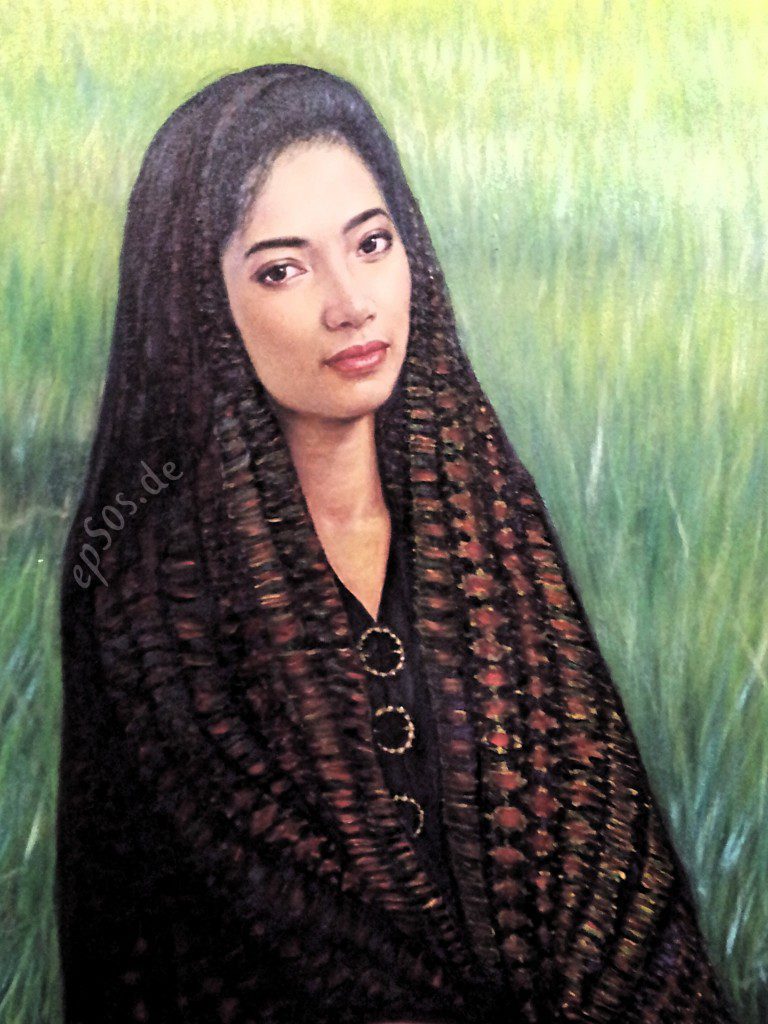
Carrying on with my book-in-progress:
However, we cannot avoid the fact that Islam does make distinctions between men and women. The Qur’an makes one point rather bluntly: “Good women are obedient,” it declares.[1] Such language is hardly fashionable in the twenty-first century.[2]And there is more. “Women shall with justice have rights similar to those exercised against them, although men have a status above women.”[3] Under Islamic rules of inheritance, males inherit twice as much as females do.[4] This apparent inequity is justified, Muslims say, because men need extra income in order to support their families, an obligation that women do not have: “Men have authority over women because God has made the one superior to the other, and because they [men] spend their wealth to maintain them.”[5]
One practice notably denounced in most of the Christian West as an obvious injustice against women is the practice of polygamy (or, more precisely, of polygyny). Although it is probably dying out in most of the Muslim world, the Qur’an does explicitly permit as many as four wives: “You may marry other women who seem good to you: two, three, or four of them. But if you fear that you cannot maintain equality among them, marry one only.”[6] It is this last phrase that has led many contemporary Muslims to think that God desired the believers to discontinue the practice. He was not explicit about prohibiting polygamy because He wanted to be gentle to the people and not ask of them something that they were not yet in a position to fulfill. But the Qur’an later observes that “try as you may, you cannot treat all your wives impartially.”[7]
Another issue that should be mentioned is that of veiling. Many outside the Muslim world see this as an obvious instance of Muslim oppression of women. But the Qur’an really has very little to say about veils. Mostly, it speaks of female modesty, in terms not so different from those that Latter-day Saints might employ. And not a few Muslim women respond to the claim that they are oppressed by the veil with the insistence that, in fact, they feel precisely the opposite: Modestly dressed and veiled, they say, they are free from the offensive leers and comments of crude males passing by. They are no longer mere sexual objects in a world dominated by and for men.
We should always be careful, it seems to me, not to evaluate other cultures by the (usually uninspired) standard of our own; things may look very different to our neighbors than they appear to us. Western critics of Islam say that Muslim women suffer from rules imposed upon them by males. Most Muslim women appear to believe, rather, that those rules have been given to them by God, and they often resent efforts made to “liberate” them because they do not want to be liberated from their religion. In this regard, perhaps Latter-day Saints can understand them a bit better than most.
[1] 4:34. It is, perhaps, worth noting that, as I write, the prime ministers of both Turkey and Pakistan are Muslim women.
[2] Compare Ephesians 5:22-24.
[3] 2:228.
[4] Qur’anic inheritance rules are laid out at 4:11-12.
[5] 4:34.
[6] 4:3.
[7] 4:129.















